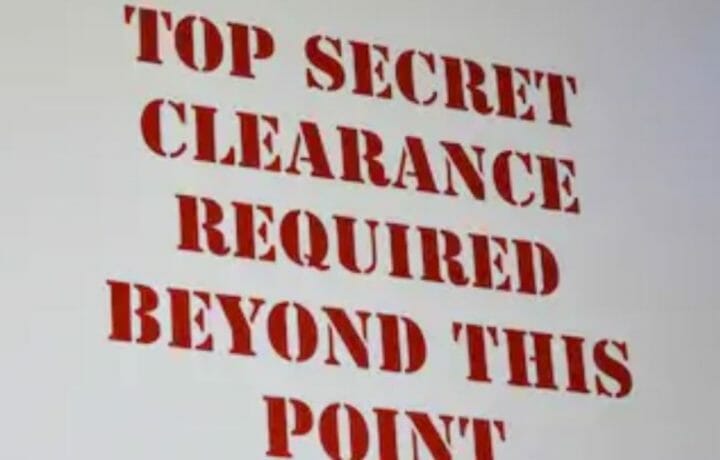The Director if National Intelligence issued new guidance concerning conducting polygraphs and reporting adverse information. This policy, Intelligence Community Policy Guidance (ICPG) 704.6, applies to all Intelligence Community agencies and any other elements designated as being part of the IC.
All three types of polygraphs are addressed in the guidance and are defined as:
Counterintelligence (CI) Scope Polygraph (CSP) – cover topics of espionage, sabotage, terrorism, unauthorized disclosures, unreported or unauthorized foreign contacts, and misuse of government IT systems.
Expanded Scope Polygraph (ESP) – cover topics of criminal conduct, drug involvement, and dishonesty/falsification of security forms.
Specific Issue Polygraph (SIP) – are used in conjunction with CSP and ESP polygraphs to resolve issues of concern.
The nuts and bolts of ICPG 704.6 are:
- Heads of IC elements may use polygraphs as a part of the personnel security vetting process.
- Polygraphs may be used as a part of the initial vetting, as well as periodic or aperiodic intervals in support of continuous evaluation or reinvestigations.
- Per an Inspector General finding, IC elements must report any possible violations of Federal and State laws disclosed during a polygraph to the relevant agency.
- Pre-polygraph procedures will explain the definitions of protected disclosures (Whistleblower), and unauthorized disclosures to ensure the interviewee understands what they are prior to taking the polygraph.
- Refusal to take the polygraph; failure to cooperate; providing false information; or intentionally trying to defeat the polygraph all could result in an adverse security determination.
The primary focus of the policy appears to address the issue of unauthorized disclosure of classified information to unauthorized recipients (e.g., foreign nationals, members of the media).




